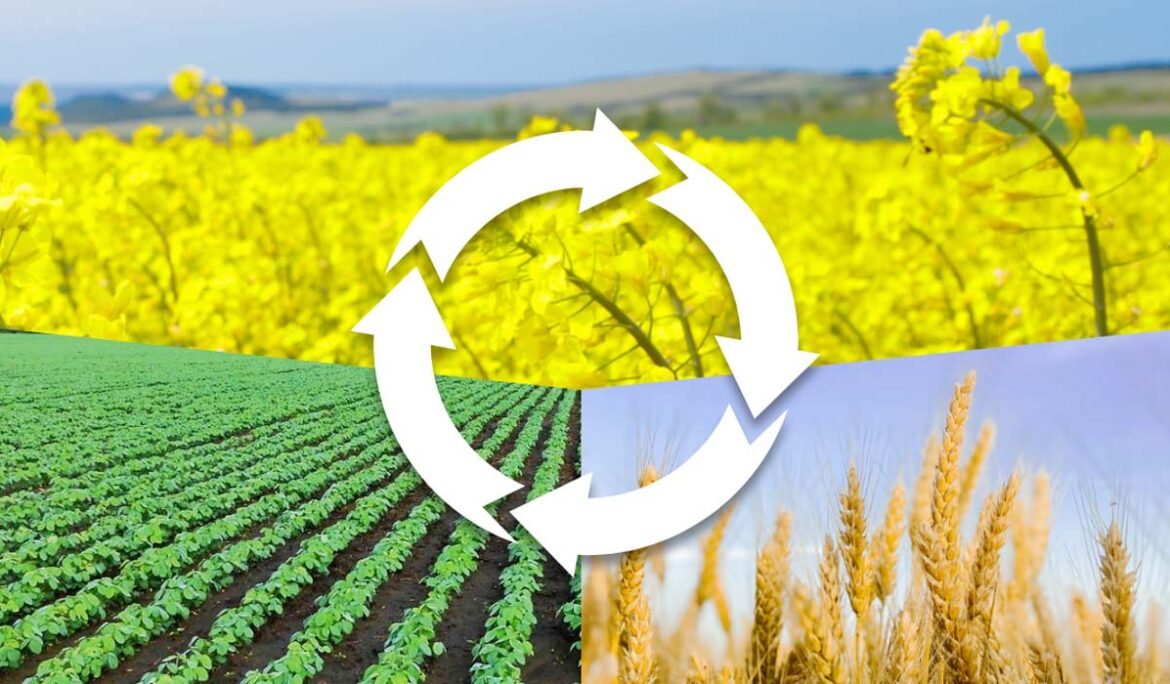Why Should Farmers Practice Crop Rotation
Crop rotation is a farming practice that involves planting different crops in a particular field in successive growing seasons. The benefits of crop rotation are numerous, and farmers who practice it can reap significant rewards. Here are some reasons why farmers should practice crop rotation:
Disease Prevention:
Planting the same crop in the same field for several years can increase the risk of diseases and pests that can damage or destroy the crop. Crop rotation can break the cycle of disease and pest buildup by introducing different crops that are less susceptible to these issues. By rotating crops, farmers can reduce the need for chemical pesticides and herbicides, promoting a healthier ecosystem.
Soil Health:
Crops require specific nutrients to grow and develop, and different plants have different nutrient requirements. Crop rotation can help maintain soil health by alternating between crops that have different nutrient requirements. For example, planting legumes, such as beans or peas, can add nitrogen to the soil, benefiting the next crop that is planted.
Weed Control:
Crop rotation can help control weeds by interrupting their life cycle. Certain weeds thrive on specific crops, so rotating crops can reduce the number of weeds in the field. Additionally, planting cover crops during the offseason can prevent weed growth and improve soil health.
Improved Yield:
By rotating crops, farmers can improve their crop yield. Different crops require different soil nutrients, and rotating crops can help maintain soil health and nutrient levels. Additionally, rotating crops can reduce the need for synthetic fertilizers and pesticides, which can be expensive and harmful to the environment.
Sustainable Farming:
Crop rotation is a sustainable farming practice that promotes soil health and biodiversity. By practicing crop rotation, farmers can reduce their environmental impact and contribute to the long-term health of the land. Additionally, sustainable farming practices can help farmers meet the growing demand for environmentally responsible food production.
In conclusion, crop rotation is a vital farming practice that can benefit farmers in several ways. By promoting disease prevention, improving soil health, controlling weeds, improving yield, and promoting sustainable farming, crop rotation is an essential tool for modern agriculture. By incorporating crop rotation into their farming practices, farmers can improve their profitability while protecting the environment for future generations.


